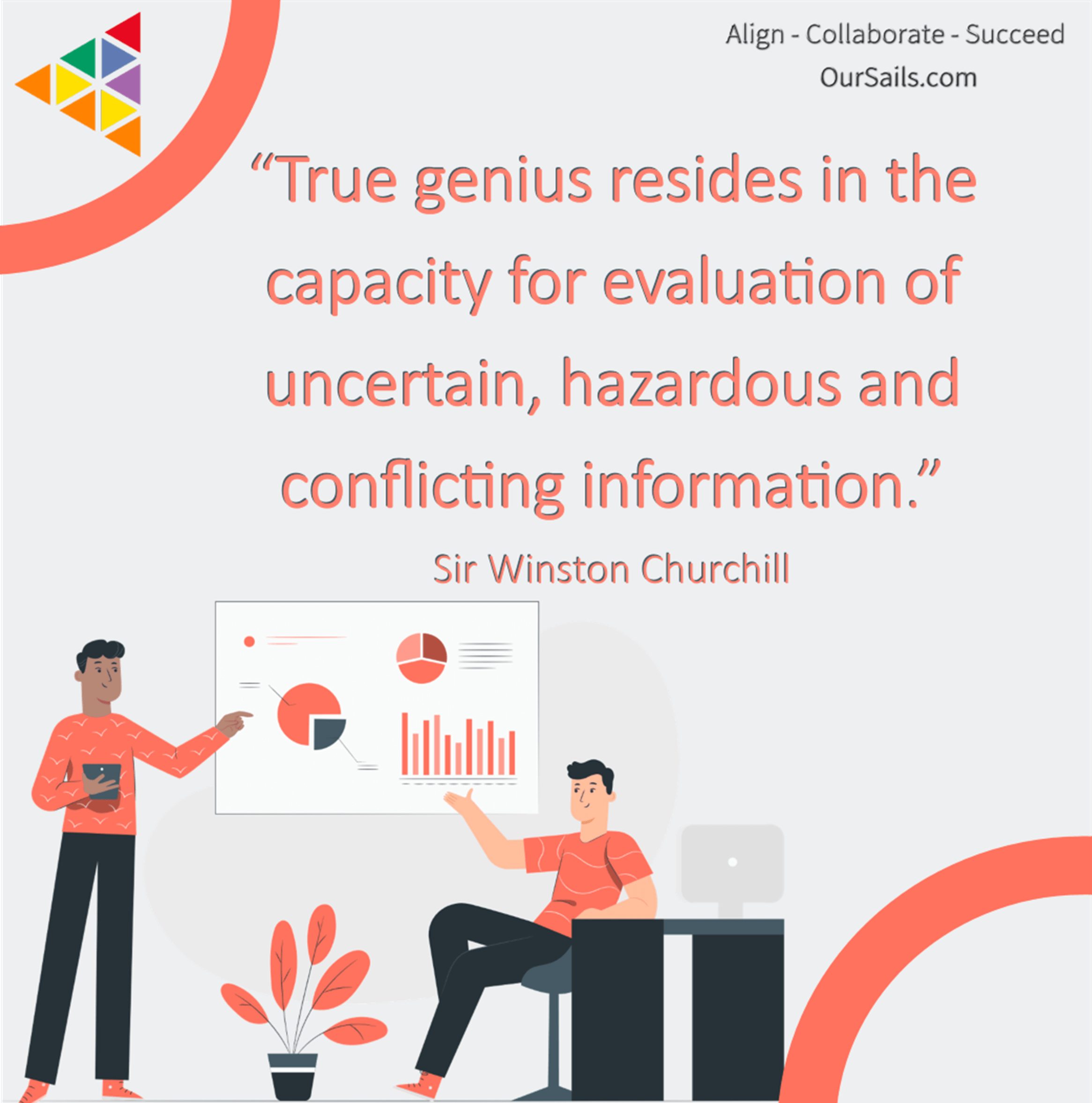Article Belbin’s Balance - 9 Personality Types That Create Group Success - Part 4
In the previous article, I introduced the Plant and Resource Investigator roles and considered how as a leader you can create the conditions to help these personality types shine as well as the pitfalls you should avoid if you want to get the best from these types of team members. In this article, the next two personality types will be covered and a similar set of guiding principles will be outlined to help you to develop your understanding of how to make the most of the team mates with these personality types.

The intricate tapestry of team dynamics requires leaders to understand each team member’s traits and doing so can be the key to optimising collective performance. Belbin's nine distinctive personality types provide a compass to navigate these dynamics. In this article, we unravel the Shaper personality type, offering insights to amplify their contributions within our team.
Understanding the Shaper
The Shaper is characterised by an unyielding determination to meet objectives head-on. They possess an inherent drive to overcome obstacles and are fueled by a desire for accomplishment. In team settings, Shapers are catalysts for change, challenging the status quo and injecting a sense of urgency into the group.
Fueling Energy and Drive:
Channel the Shaper's energy by assigning them roles and responsibilities which require the frequent use of their initiative, as this will help to ignite momentum within the team. Involve Shapers in strategic decisions, leveraging their quick, decisive action in navigating challenges. Be aware that they will like to move quickly on ideas so checks and balances will be required.
Encouraging Healthy Competition:
Cultivate healthy competition, motivating Shapers to outperform benchmarks and driving continuous improvement. They will inspire their colleagues through their efforts. Make sure that the competition is healthy though, and avoid the toxicity that can occur from unconstructive competitiveness.
Optimising the Shaper's Contribution
Make use of their conflict resolution skills. Use the Shaper's conflict-handling skills for swift resolution, ensuring disputes don't impede progress. Pair Shapers with Coordinators, balancing strategic planning with assertive execution. It is also advisable to provide Shapers with clear, concise goals to channel their energy into achieving specific outcomes.
Mitigating Challenges with the Shaper:
Potential for Aggressiveness: Foster an environment where the Shaper's drive is harnessed positively without escalating into aggression. They are always trying to get things done and this can cause issues with ideas oriented teammates like plants. You may need to support these relationships.
Overlooking Team Dynamics: Balance their results-oriented approach with efforts to maintain a cohesive team environment. The need for inclusivity will be required to guide the Shaper’s actions as they are likely to act as lone wolves at times. Consider having them lead team building activities as this can encourage them to think inclusively.
Ignoring Input from Others: Ensure Shapers remain receptive to diverse perspectives (the Plants in your group particularly) in the decision-making process. Ask them regularly what other people contributed to meetings or decisions to emphasise the importance of being inclusive and team orientated.
In conclusion, understanding and leveraging the Shaper within our team is pivotal for achieving dynamic results. By recognising their drive, strategically pairing them with complementary roles, and providing clear objectives, we unleash the full potential of the Shaper, propelling the team toward success with purposeful determination. Sharing the meeting experience on OurSails with your team’s Shaper will enable you to set objectives for them to go after and will create an insightful set of notes for others in the team to make use of.

Next up, we unravel the Monitor Evaluator personality type, offering insights to enhance their contributions within your team.
Unveiling the Monitor Evaluator
The Monitor Evaluator assumes a pivotal role, embodying a personality type defined by thoughtful analysis and strategic insight. In this article, Belbin’s Monitor Evaluator personality type is brought into focus, revealing their prowess in evaluating decisions with meticulous precision.
Leveraging the Monitor Evaluator's Strengths:
Harness the Monitor Evaluator's skill in critical analysis by involving them in decision-making processes. Their meticulous examination ensures that choices are well-founded and aligned with the team's strategic vision. This takes time of course.
Utilise the Monitor Evaluator's knack for balanced decision-making. Pair them strategically with Implementers and Shapers to ensure that decisions are not only well-thought-out but also effectively executed.
Involve Monitor Evaluators in strategic planning sessions, where their ability to foresee potential outcomes proves invaluable. Their forward-thinking approach ensures the team is prepared for various scenarios.
Optimising the Monitor Evaluator's Contribution:
Embrace the Monitor Evaluator's commitment to thorough evaluation. Encourage them to scrutinise meeting outcomes, ensuring that decisions are rooted in a comprehensive understanding of the implications.
Pair Monitor Evaluators with Coordinators, creating a synergy that blends analytical thinking with organisational prowess. This combination ensures that meticulous planning aligns seamlessly with the team's strategic objectives.
The OurSails platform serves as an ideal tool for Monitor Evaluators to support their evaluation processes. The topic notes and collaborative features such as comments, allow them to assess meeting outcomes, track progress, and contribute to data-driven decision-making.
Mitigating Challenges with the Monitor Evaluator:
Be wary of potential analysis paralysis. Encourage a balance between in-depth evaluation and timely decision-making to avoid stalling progress. While emphasising analytical rigour, ensure that the Monitor Evaluator remains open to creative solutions. Encourage collaboration with Plant personalities to infuse innovation into strategic plans. Mitigate communication challenges by fostering an environment where the Monitor Evaluator feels empowered to express their insights. Open dialogue channels ensure that their valuable perspectives are heard.
In conclusion, understanding and leveraging the Monitor Evaluator within our team is crucial for informed decision-making. By recognising their analytical strengths, strategically pairing them with complementary roles, and utilising tools like OurSails, we empower Monitor Evaluators to navigate the team toward success with meticulous precision.
- Align to avoid confusion.
- Collaborate to avoid suspicion.
- Succeed without despair.